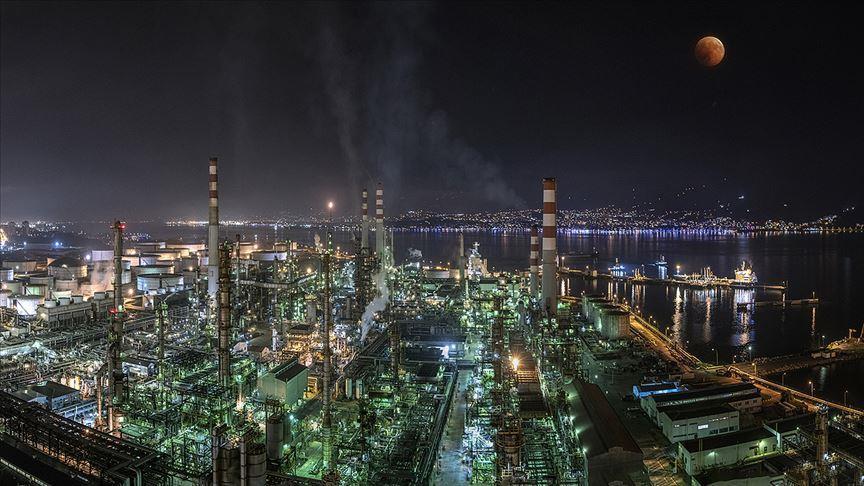

By Anadolu Agency
Oil prices increased on Thursday due to a wider regional conflict in the Middle East, home to the vast majority of oil reserves, fueling fears of a disruption to crude oil flows.
International benchmark Brent crude rose by 1.26% to $74.83 per barrel at 11.01 a.m. local time (0801 GMT), up from the previous session’s close of $73.9.
US benchmark West Texas Intermediate (WTI) increased by 1.4% to $71.08 per barrel after closing at $70.1 in the prior session.
Cross-border fighting between Israel and Lebanon is expected to intensify further as the Israeli army announced ‘limited, localized’ ground raids in southern Lebanon.
The Israeli army announced its intention to attack 24 towns in southern Lebanon, warning residents to evacuate towards the northern part of the Litani River, the last point in the south.
Hezbollah claimed on Wednesday to have inflicted a ‘large number’ of casualties among Israeli soldiers during direct clashes in two towns in southern Lebanon, accusing the Israeli army of ‘concealing its casualties.’
Tel Aviv acknowledged the deaths of 8 military personnel, including 3 officers.
Oil prices had jumped on Tuesday after Iran, a key producer and member of the Organization of the Petroleum Exporting Countries (OPEC), fired around 180 ballistic missiles at Israel.
According to Iran’s Islamic Revolutionary Guard Corps (IRGC), the attack was in response to the assassinations of Hamas leader Ismail Haniyeh, Hezbollah leader Hassan Nasrallah and IRGC commander Abbas Nilforoshan.
However, data from the US Energy Information Administration (EIA) released late Wednesday limited upward price movements, easing supply disruption worries.
US commercial crude oil inventories increased by around 3.9 million barrels during the week ending Sept. 27, against the market prediction of a 1.5 million barrels draw. Gasoline inventories also rose by about 1.1 million barrels during the same period.
‘Swelling US inventories added evidence that the market is well supplied and can withstand any disruptions,’ Daniel Hynes, a commodity strategist at the Australia and New Zealand Banking Group, said in an e-mail note.
We use cookies on our website to give you a better experience, improve performance, and for analytics. For more information, please see our Cookie Policy By clicking “Accept” you agree to our use of cookies.
Read More